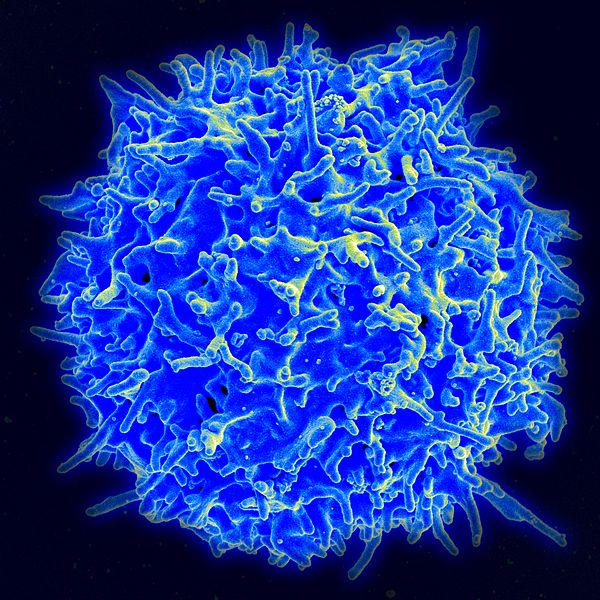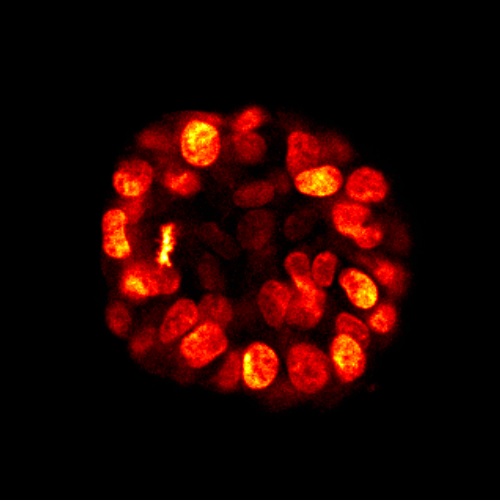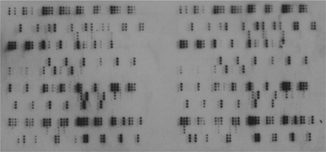Cord blood might be a much-needed solution.
 Few diseases stump researchers as much as Alzheimer’s disease. Quite simply, nothing has worked beyond some symptomatic relief. On top of that, scientists are still uncertain about what exactly causes the disease. For example, are the characteristic beta-amyloid plaques in the brain a cause of Alzheimer’s disease — or a consequence? Any promising results are welcome to a community used to setbacks.
Few diseases stump researchers as much as Alzheimer’s disease. Quite simply, nothing has worked beyond some symptomatic relief. On top of that, scientists are still uncertain about what exactly causes the disease. For example, are the characteristic beta-amyloid plaques in the brain a cause of Alzheimer’s disease — or a consequence? Any promising results are welcome to a community used to setbacks.
A new study looks at cord blood for improving behavioral and pathological defects in an animal model.[1] Researchers isolated a population of stem cells from cord blood and administered them into the brains of mice that were injected with beta-amyloid plaques, inducing features of Alzheimer’s disease. A dose of 50,000 of these cord blood cells ameliorated cognitive defects within 60 days; a dose of 100,000 brought benefits within 10 days.
The hippocampus, the memory center of the brain, was the site where the cells were injected. The scientists noted that two growth factors, BDCF and CREB, increased after treatment. These growth factors have been known to be suppressed in mice with this Alzheimer’s model. Conversely, Fas-L, a marker of apoptosis (programmed cell death), was down-regulated.
For about the past two decades, scientists have wondered whether the remarkable properties of stem cells would be useful for Alzheimer’s disease. Some surmise that stem cells can replace damaged brain cells. Others think that stem cells may have it in them to clear out the plaque that builds up in the brains of patients with this disease. The study mentioned here seems to align with a third line of thought, that stem cells serve as a way of influencing factors that affect brain cell survival.
If you need customized cord blood with established protocols for your research, or for cell therapy, visit this page. Blood is collected aseptically from healthy pregnant women at time of delivery under IRB-approved informed consent.
Reference
1. Banik, A. et al. Effect of human umbilical cord blood derived lineage negative stem cells transplanted in amyloid-beta induced cognitive impaired mice. Behavioural Brain Res 2015;291:46-59.
Related readings



